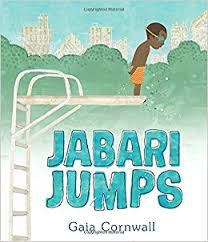
Truman Capote was born on this day in 1924.
Breakfast at Tiffany’s was our choice this month at Pieces for Places Book Club, held at the wonderful furniture store in Barmouth where we get to try out comfortable armchairs with wine, cheese and a good chat about a book.
Many of us had the impression Breakfast at Tiffany’s was a romantic comedy, due no doubt to memories of the Blake Edward’s film version of the novella, and yearning for the Henry Mancini song Moon River and Audrey Hepburn’s very stylised depiction of Holly Golightly. None of us, it turned out, had read the actual book before. Marilyn Munro was Capote’s first choice for Holly, and would have made the film a different entity.
Although bitingly funny, Breakfast at Tiffany’s is not a romantic comedy, more social comment, but it is delightful for its prose and humour.
Capote has called Holly an American geisha rather than a socialite. The difference? The word geisha conveys skilled artist or artisan in Japanese with connotations of entertainer perhaps as singer or musician requiring long training. Holly is more of a debutant, living only for parties and the hope of a rich husband, for more than one season. It is said that geisha inhabit a separate reality which they call ‘the flower and willow world’. Courtesans were the flower and geisha the willow because of their subtlety, strength, and grace.
It seems Holly Golightly does inhabit a separate reality, two perhaps. She escapes poverty in a Southern community where being a child bride is the norm for girls and reinvents herself in New York, living precariously by entertaining rich men.
Holly’s reality involves a level of detachment from it. Capote portrays an innocent abroad, she does not convince as a hard hearted schemer, except when she initially abandons her cat. Her realities catch up with her first when Doc Golightly her husband comes to find her and when her weekly visits to Sing Sing to carry messages for a notorious (fictional) criminal, who goes by the wonderful name Sally Tomato are exposed and she is threatened with a prison sentence.
Holly’s comeuppance? banishment from her native land, living on in the memories of those who knew her, immortalised in an African carving. For a girl who described her occupation as travelling this is as much wish fulfilment as breakfast at Tiffany’s.
Advertisements Share this:





